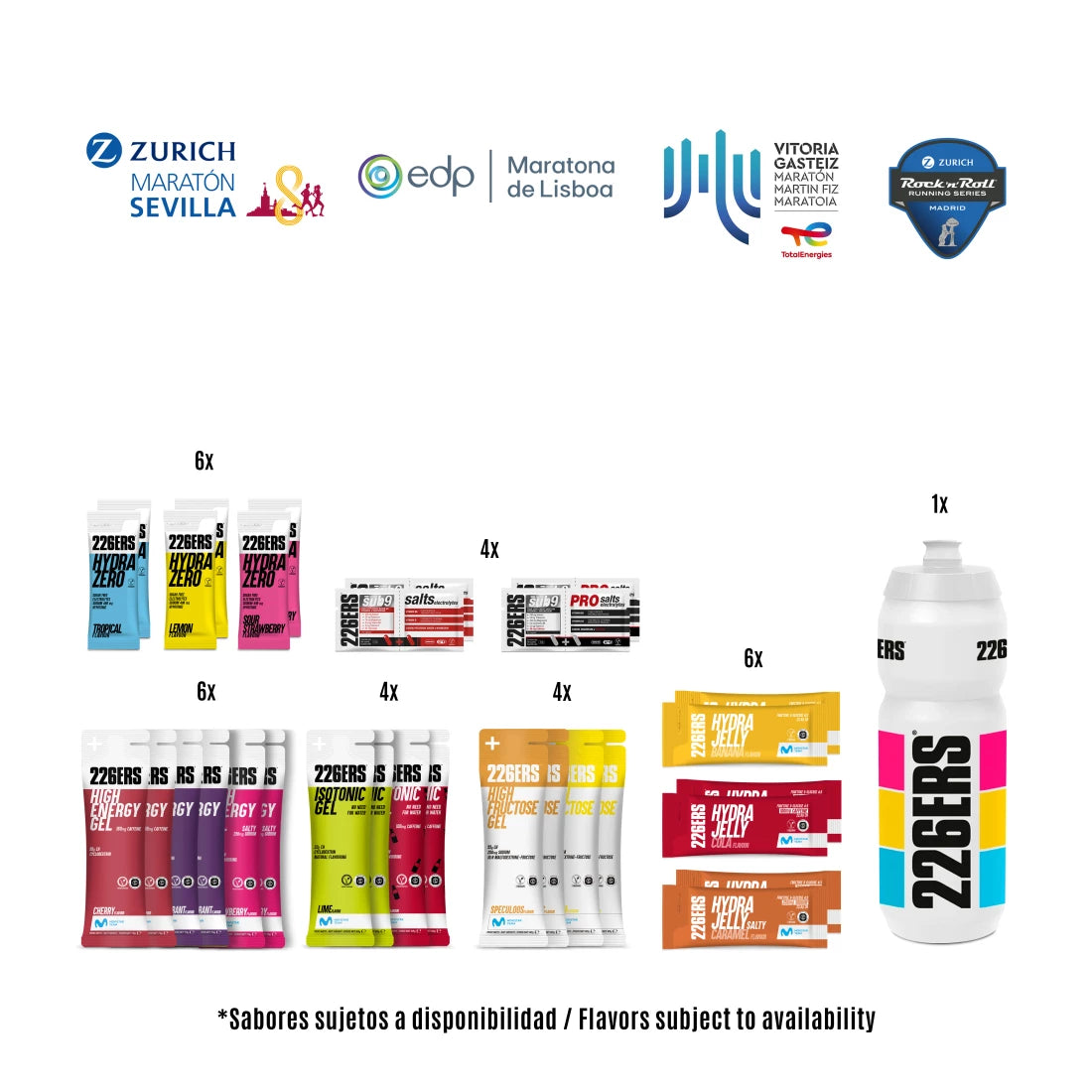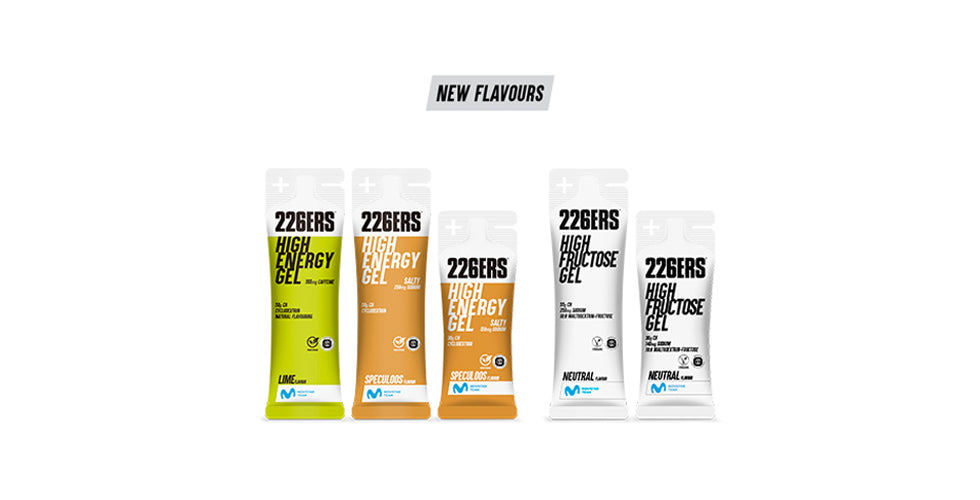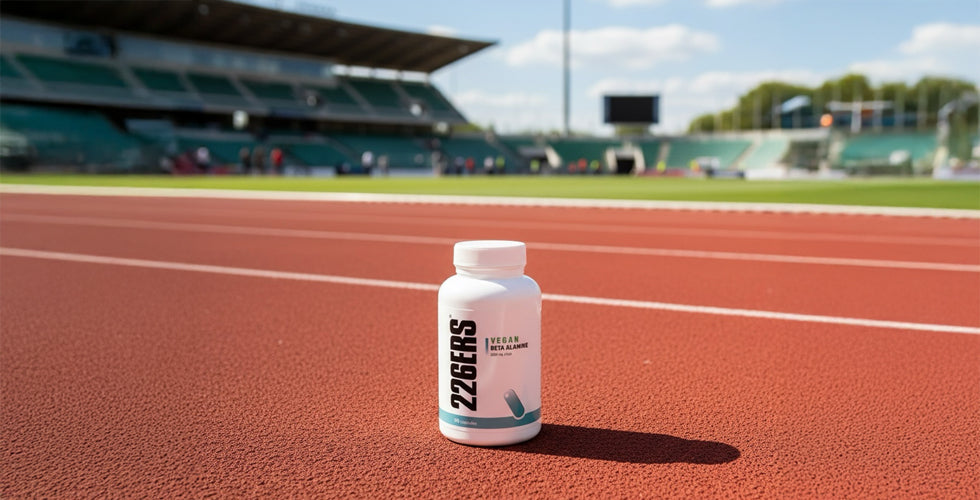Why are our products Gluten Free?
Gluten is a glycoprotein that is present in some cereals, mainly in wheat, barley and rye. It has little nutritional value, but on the contrary, gluten raw materials are important for the food industry for its characteristics such as emollient and gelifying agent.
In recent decades, gluten consumption in the world's population has been increasing, one of the causes being the importance it has for the food industry, which has caused modified wheat crops that express more gluten. On the other hand, the increase in sugars consumption also seems to imply a greater increase in gluten consumption (by industrial processes).
Pathologies associated with gluten
Its consumption is associated with gastrointestinal, immune and even mental problems.
The possible role of intestinal flora (microbiota) in the development of diseases caused by gluten is not yet known exactly, but there are indications that point to it as a possible key factor in development and even in the treatment of these diseases, although the treatment of this type of pathologies consists of carrying a free food free products. The most serious pathology associated with gluten consumption is Celiac disease, characterized by an inflammatory reaction, of immune base, in the mucosa of the small intestine that hinders the absorption of macro and micronutrients. This is not the only pathology, Non -celiac gluten sensitivity It is becoming increasingly common among the western population and, many times, it is very difficult to diagnose. Passing in many cases unnoticed, thus causing serious health consequences in the long term.
On the other hand, there are studies that demonstrate a Addictive effect of gluten on our brain, associating its consumption to different mental illnesses. These studies ensure that gluten cereals, when digesting in the body produce polypeptides called exorphins or gluteo morphins that penetrate the blood brain barrier, and get into the morphine receptors producing a momentary or euphoria rise and favoring mental pictures where hallucinations are prone.
Some scientists defend that gluten -free diets play a positive role in the health status of the entire population and not only in those patients with gluten -related diseases. Today, there is no scientific evidence to extend the recommendation not to take gluten to the entire population. It is also true that there are few individuals, who without having a diagnosis of gluten -related disease, decide to eliminate it from their diets and report to find themselves much more vital and healthy.
There are a lot of symptoms associated with the “inability to digest gluten:
Gastro-forest: stomach inflammation and pain, diarrhea, flatulence, constipation, etc.
Neurological: Frequent headaches, memory loss, behavior difficulties, depression.
Immune conditions: frequent infections such as colds and flu, and bacterial infections, mouth ulcers.
Inflammation and inflammatory disease: stiffness in joints, allergies, arthritis, colitis, etc.
Skin rashes: Eczema, psoriasis, peak of the skimpy skin.
General: Food cravings, fatigue, chronic fatigue, feeling of discomfort
Gluten and athlete: gastric discomfort and increased performance
It is well known that many athletes, especially those who practice resistance sports, have an important incidence of gastric and intestinal discomfort. In addition, during the practice of physical exercise of both intensity and great duration, the digestive and specifically the intestinal flora system are organs that are subject to significant stress. To minimize these discomfort, it can be recommended and reasonable, eliminating gluten of those foods and supplements that are ingested before, during and after exercise. For these reasons there are many elite athletes have chosen to eliminate gluten from their diets, affecting this fact in very notable results.
Chris Froome, who has been the winner of the Tour of France, is very clear that the diet can be decisive to achieve optimal sports results, in addition to maintaining a perfect state of health. That is why he decided, among other things, to eliminate gluten from his diet. "I used to eat a lot of samples, I thought it was good, but at the moment of truth I had a lot of wheat and sugar. With gluten you tend to retain more water, so now I avoid it. Instead of pasta and bread, I take rice and quinoa, which are more digestible."
Also Timothy Olson, who is twice winner and currently keeps the record of the Western State 100 Mile Race, who is looking for an optimal state of health and has worried a lot to keep his body free of toxins, has declared to have left gluten aside.
In 2011 the tennis player Novak Djokovic He did what was considered the best season starring a professional tennis player so far. He won 43 games consecutively, 10 titles and 3 Grand Slams. To date, Djokovic was a very irregular player suffering from constant health problems. The tennis player himself confessed that for him the great change was to start a gluten -free diet; This allowed him to lose a few kilos and find a performance that to date had only been able to demonstrate it on very few occasions. This fact was the beginning of a tendency to eliminate gluten from the athletes of athletes in order to achieve greater sports performance.











